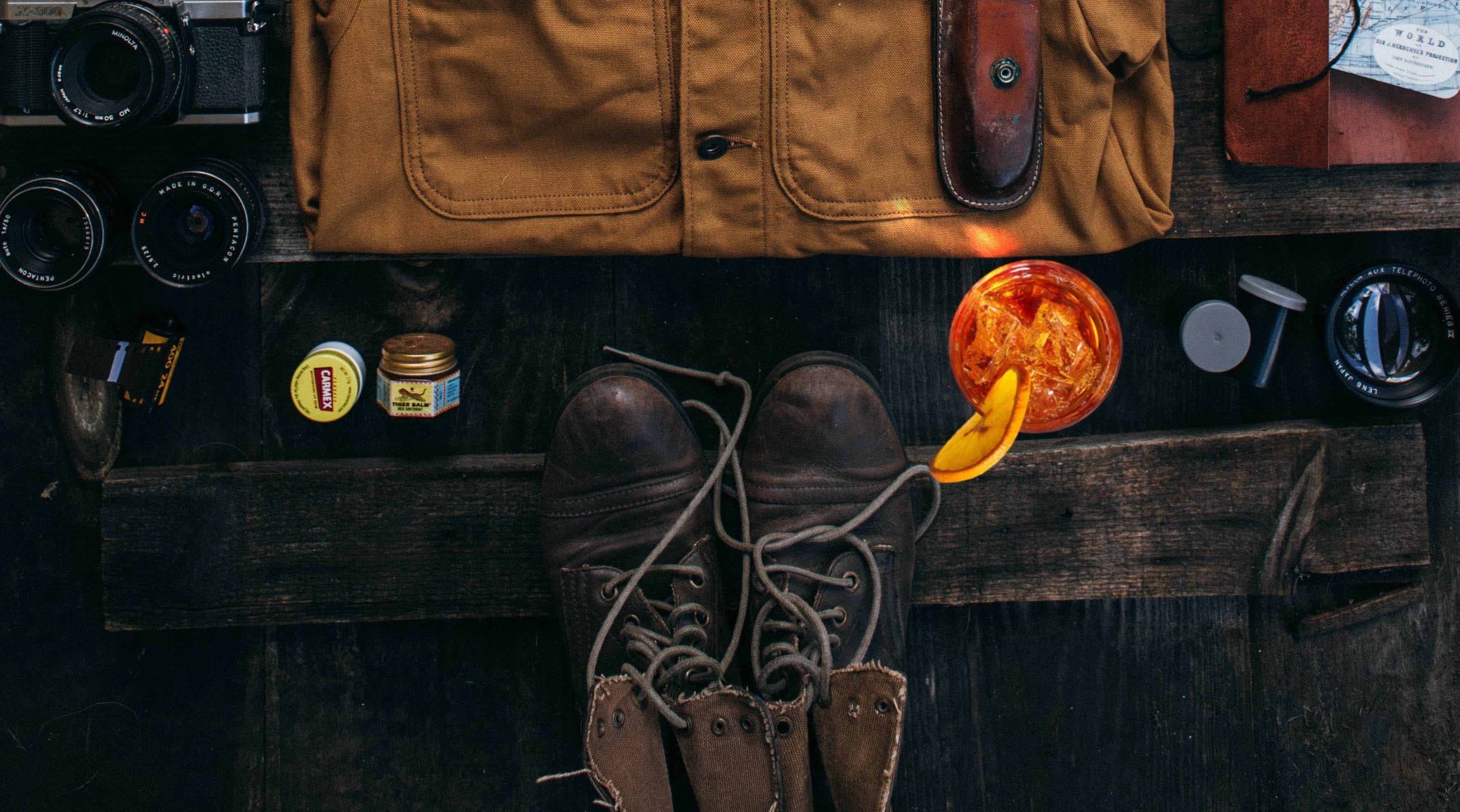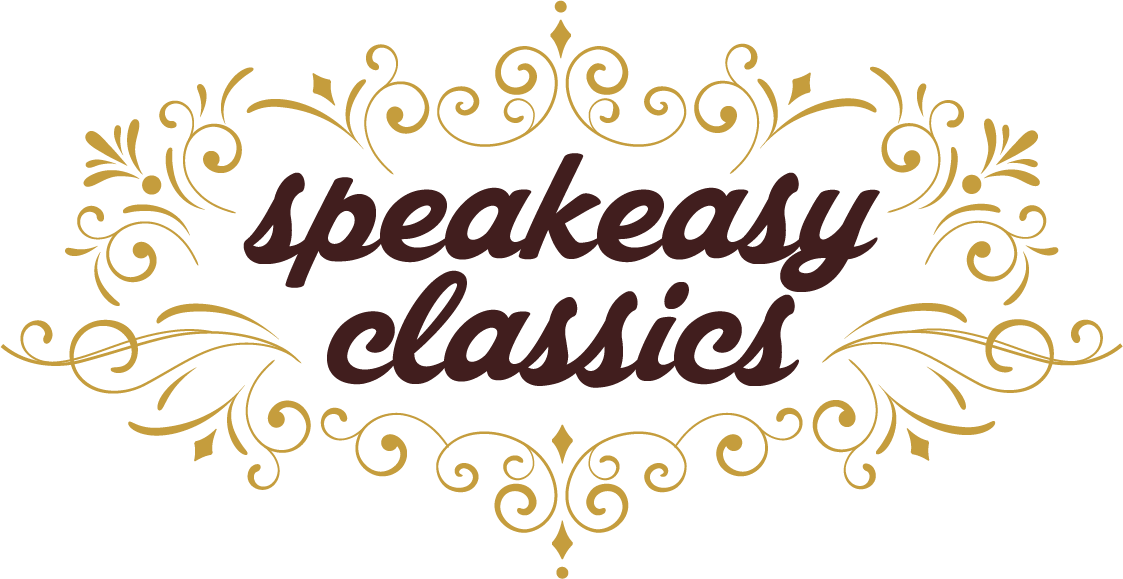
COCKTAILS
Speakeasy Classics & Fab Favorites

bee’s knees
kintla peak gin + local honey + lemon + house cherry
amaretto french 75 spritz
kintla peak gin + lemon + wood’s rose amaretto + seltzer
sidecar
contraband whiskey or river rock gin + lemon + flathead sunrise triple sec
old fashioned
highline rye + sugar cube + orange bitters + orange peel
mary pickford
whitefish white rum + pineapple + house cherry
aviation
kintla peak gin + crème de violet + lemon + house cherry
casa oro
montequila silver + grapefruit + local honey + lemon
the buck
(aka moscow mule) river rock vodka + lime + ginger
whitefish long island iced tea
(ours is sooo much better than the regular version)
white russian
rock creek vodka + cream + coffee liqueur
bulldog
rock creek vodka + cream + coffee liqueur + coca-cola
painkiller
choose rum with spices or huckleberry reserve + coconut + pineapple + orange + nutmeg
spicy caesar
rock creek veggie infused vodka + clamato + worcestershire + lime + spicy pickled veggies
flower child
choose rock creek hibiscus infused vodka + woods rose amaretto or huckleberry reserve + lavender lemonade

Speakeasy.
Blind Tiger.
Blind Pig.
Green Doors.
Whatever you call them, Speakeasys boomed and poured every fermented spirit they could get their hands on to keep up with thirsty tipplers during Prohibition.
The existence of Speakeasys was an open secret
They were hidden everywhere: in backrooms, basements, attics and shacks — in fact, there were over 100,000 (that we know about) in New York City alone.
Mix it up!
During Prohibition, cocktails surged in popularity as a way to hide the unrefined flavor of homemade hooch and bathtub gin.
The first recorded use of “speakeasy” appeared in a 1823 British slang dictionary
It took 66 more years for the term to cross the pond into print in the United States. In 1889, The Harrisburg Independent, a Pittsburgh-area newspaper, used the word to refer to a saloon operating without a license.
THE ROOT OF EVIL
People in small towns were convinced that alcohol was the root of all their crime. When prohibition went into effect some towns even tried selling their jails thinking they wouldn't need them anymore.
Cruises to nowhere
Eager to find creative ways to socialize in speakeasy fashion, nearly every port city offered a “cruise to nowhere”— or, if you prefer, the very first booze cruises.




